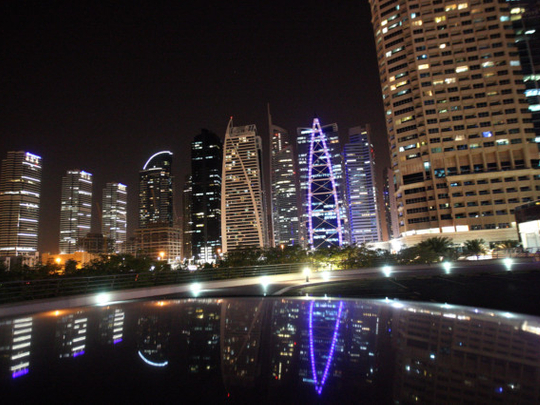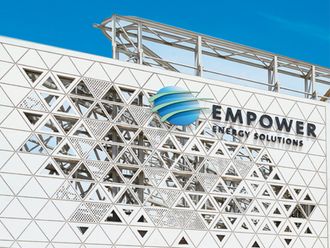
Real Estate Investment Trusts (REITs) have been much discussed in the UAE in recent years, but all the talk has resulted in very little action, with no publicly traded REITs currently operational. With market conditions now improving and investors seeking new vehicles to recycle real estate capital, we believe that 2014 will prove to be a pivotal year for the development of the REIT market in the Middle East.
REITs were first launched in the US in the 1960s and they now own a total of 37,500 properties with an estimated total value of $935 billion. More than 20 other countries have subsequently adopted variations on the US model of REITs, resulting in a $750 billion global industry.
The key benefit of REITs is their tax efficiency but they also offer investors a number of other attractions including high liquidity, diversification, stable returns and small capital exposure. REITs are often characterised as offering a combination of the benefits of direct real estate ownership and exposure through real estate equities.
While the DIFC passed legislation creating a market for the trading of REIT units back in 2006, the concept has yet to prove attractive in the Middle East. One reason that is commonly cited for this is the absence of corporate or personal taxes on income; this is however something of a misconception as overseas REITs are tax-neutral vehicles designed to avoid double taxation, but still subject to the prevailing corporate tax regime.
Lack of interest
There are two other reasons often given for the lack of interest in REITs — market conditions over the past few years and restrictions limiting ownership to assets in freehold properties. Some progress has been made in these areas over the past year, with market conditions improving across the UAE and Dubai. Decree Number (2) of 2013 allowed Emirates REIT to acquire properties anywhere within Dubai provided that 51 per cent of the shares are owned by UAE or other GCC nationals.
With progress being made on these two areas, the ground has been cleared for stronger interest in REITs in the UAE.
The most current active player in this space is Emirates REIT, which is currently operating as a closed ended investment company that was registered in the DIFC in November 2010. While units in Emirates REIT are not currently traded, there has been speculation that this could occur through a public share offering during 2014. Emirates REIT currently owns 10 investment properties in Dubai (eight of which are located in Internet City/ Media City or the DIFC).
By purchasing properties with significant vacancies or development potential, Emirates REIT has provided a strong return to its existing shareholders that include Dubai Islamic Bank, Dubai Properties, Tecom Investments and Deyaar.
Shares in Emirates REIT were issued at $100 per share in July 2011, since that time the net asset value per share has increased to $136.37 (November 2013), with the total value of assets under management in the order of Dh1.2 billion ($325 million). So while still relatively small, Emirates REIT is clearly growing and providing attractive returns to its investors.
If Emirates REIT were to go public, this would provide a real life ‘litmus test’ of the attraction of REITs in the Middle East, with a successful public launch likely to result in increased interest from other funds. The experience of other overseas markets is that listing existing funds may be more attractive than creating new vehicles that then have to go into the market to purchase suitable real estate assets.
This has proved to be the case in both Singapore and Hong Kong where many of the most successful REITs were created by existing owners placing some of their assets into a new vehicle. One such example would be CapitaMall Trust, Singapore’s first REIT created by CapitaLand in 2002. CMT currently provides investors to ownership of a portfolio of 16 retail malls with 2,700 tenants enjoying occupancy of 99.1 per cent.
The extent to which existing owners in the UAE will be willing to transfer their properties into publicly traded REITs remains to be seen. What is, however, clear is that the conditions are now more attractive for this sector — 2014 may well prove to be a pivotal year.
— The writer is the CEO of Jones Lang LaSalle Middle East and North Africa.











